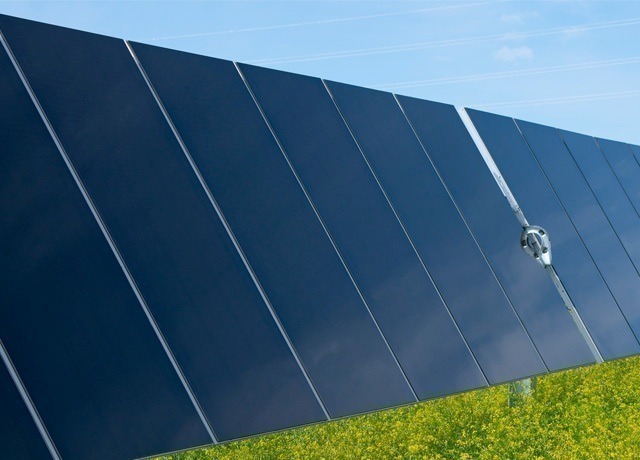Today’s renewable energy news includes announcements on MESL, Granville Energy, Qair, Xcel Energy, among others.
MESL and Granville Energy to Develop 100-MW Floating Solar Park in Nigeria
Mainstream Energy Solutions Ltd (MESL) and Granville Energy are developing a 100-MW floating solar power plant on Nigeria’s Kainji Hydroelectric Dam, backed by the World Bank’s Hydropower-Climate Resilience Programme. The project integrates solar and hydro technologies to boost renewable capacity, optimize land use, and reduce water evaporation. Strategically, it enhances Nigeria’s clean energy mix, strengthens grid reliability, and supports national decarbonisation goals. The hybrid setup ensures continuous power output even during dry seasons. The investment demonstrates innovation in combining existing infrastructure with new solar technology. Benefits include job creation, improved local electricity access, and sustainable economic growth, reinforcing Nigeria’s commitment to achieving long-term energy security and climate resilience through diversified renewable energy development.
Qair Seeks European Financing for 298 MW Solar Projects in Tunisia
Qair is pursuing European financing to develop 298 MW of solar capacity in Tunisia through two major photovoltaic plants of 98 MW and 200 MW. The projects aim to accelerate Tunisia’s renewable transition and help achieve its 2030 target of 35% green power generation. Strategically, Qair focuses on sustainable investments and cross-border collaboration to expand its North African renewable footprint. Using advanced PV technology, the projects will enhance efficiency, reliability, and grid stability. Innovation includes integrating modern energy management systems to optimize output. The initiative will create local jobs, cut carbon emissions, and strengthen Tunisia’s energy independence, reinforcing its role as a growing solar hub in the Mediterranean region.
Xcel Energy to Deploy Up to 200 MW of Distributed Storage in Minnesota
Xcel Energy plans to install up to 200 MW of distributed battery storage across Minnesota to enhance grid reliability and renewable integration. The project, one of the largest distributed storage initiatives in the U.S., will support local resilience by storing excess solar and wind energy for peak demand use. The investment aligns with Xcel’s strategy to achieve 100% carbon-free electricity by 2050. The utility will focus on deploying advanced storage systems in communities to reduce grid congestion and improve service reliability. This initiative demonstrates Xcel’s innovation in decentralised energy solutions, customer-focused reliability, and commitment to advancing energy transition goals while strengthening regional energy security and supporting sustainable growth.
Faheema P

